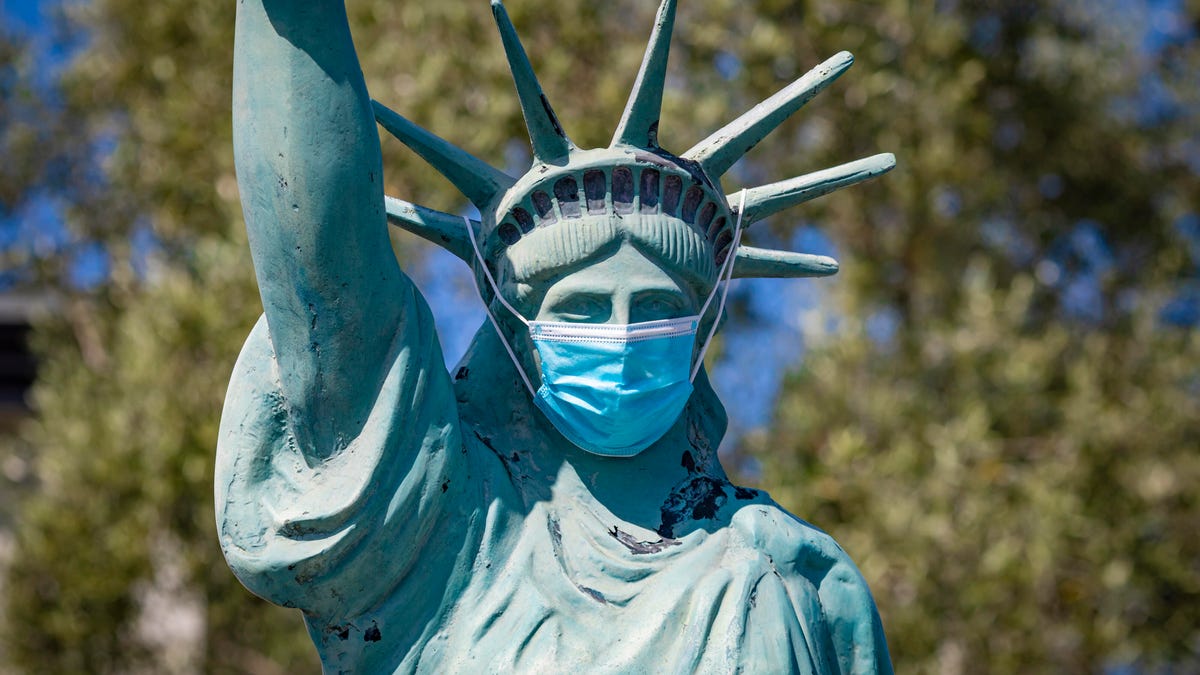Microsoft creates 'Plasma Bot' to help recruit donors in effort to cure COVID-19
Antibodies in plasma from healed coronavirus patients could aid in others' recovery.

Microsoft has built a so-called Plasma Bot as part of a larger initiative to seek plasma donations from recovered coronavirus patients called the CoVIg-19 Plasma Alliance. The alliance is asking people whose doctors have confirmed they're fully recovered from COVID-19 and are no longer contagious to donate their plasma at the nearest center. The antibodies in the plasma will be used to look into developing therapies for a possible cure, as reported earlier Saturday by CNBC.
Also on the alliance are Biotest, BPL, LFB and Octapharma, while the Bill & Melinda Gates Foundation is an advisory partner. They're working on collecting plasma, developing clinical trials and eventually manufacturing a product.
"The sooner recovered COVID-19 patients donate convalescent plasma, the sooner the Alliance may be able to start manufacturing a potential therapy and begin clinical trials," the CoVIg-19 Plasma Alliance website says. "These trials will determine if this therapy could treat patients who are at risk for serious complications from COVID-19."

